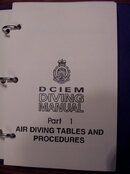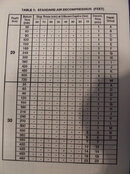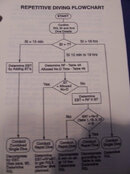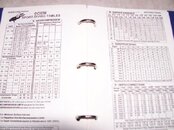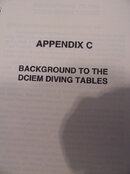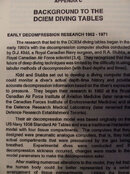I can't see how they can teach all of this in the courses taught where I am now. The typical course here is about 2 - 3 hours in the pool and then on to OW (2 mornings) and then the student is certified!!!! In this scenario, the student will get confused with any piece of equipment including knowing how to put their wetsuit on let alone their snorkel or LP hose.
Well the fact is they can't.
Snorkels are not part of diving as far as the diving goes, so it's use is not practiced in the course of diving in the course, even if it is taught. Students can get very familiar with the operation of the gear because that's all they are doing in the two days. They can get familiar with how to put things on and together because those things make sense, and happen on the dry land. Snorkeling is just a checkbox, and a historical hangover, like swim tests and tables. It is not necessary for safety, and is counter-productive to safety in practice.
And that's precisely the point. Snorkeling is not part of diving, except in terms of tradition, or as an optional (but never necessary) part of a dive. There may be times when a snorkel is useful for diving, or fun to have for diving, but that's also true of scooters, and underwater tow sleds too. Those pieces require additional separate training, and so should snorkels.
Proper snorkel breathing is just not taught (nor does it need to be), because a snorkel is not a piece of safety equipment. It's an optional piece of kit. Getting snorkels off masks makes everyday tourist divers safer, because they keep the reg in, and don't choke.
People who free dive regularly have no problems with understanding how snorkel breathing works, and they might find a snorkel useful or fun. People who don't will suffer when they turn to something labeled a 'safety device', and instead get a mouthful of water when they are in need.
So the average OW diver should stay away from it as part of diving, because it never is necessary, and its often counter productive. Or because it is not even close to being taught in OW course, because instructors themselves suck at free-diving. Really the reason is immaterial. Divers, in general, don't know how to use snorkels properly, so they should not have them on their heads when they go diving. So we should just take the snorkel out of the diving course, and stop calling it safety equipment, because it is anything but safe in many cases.





